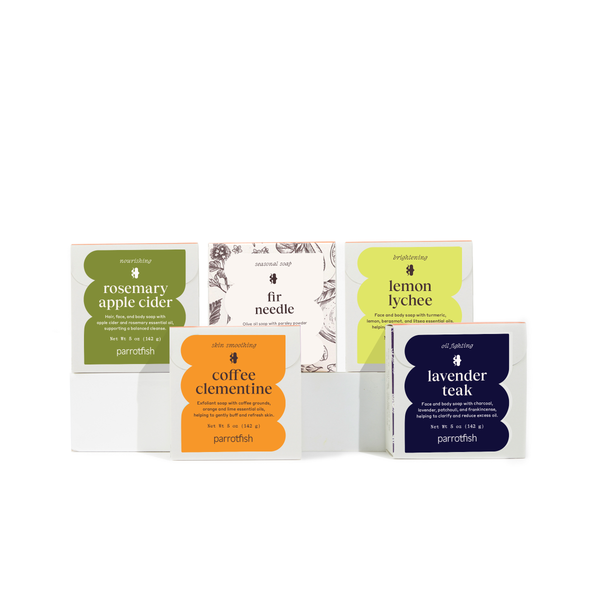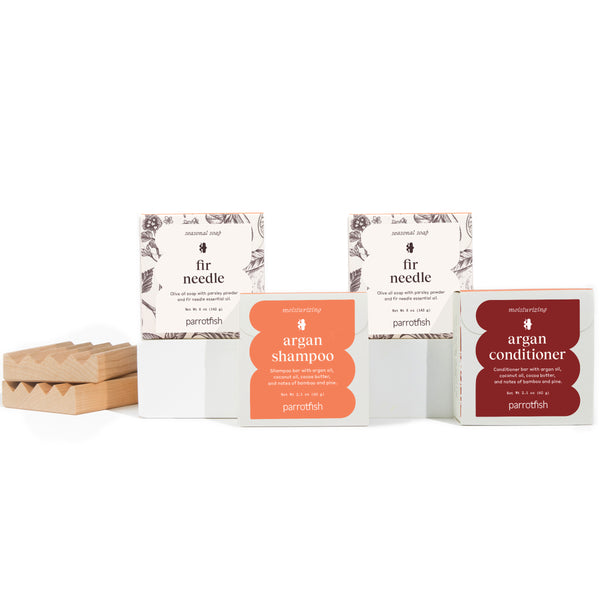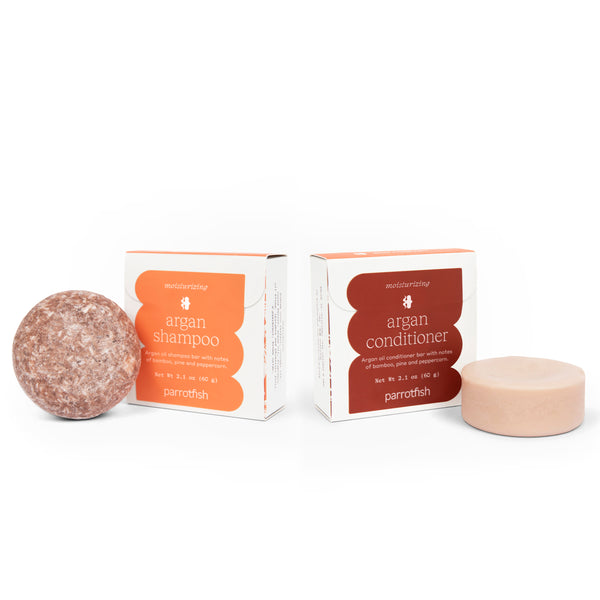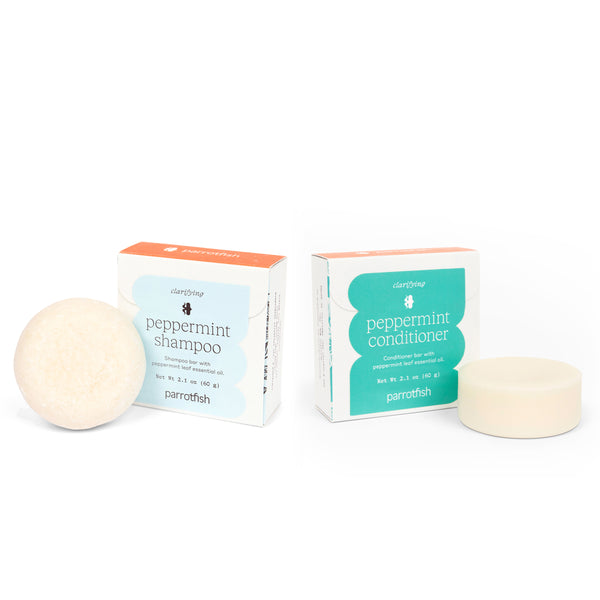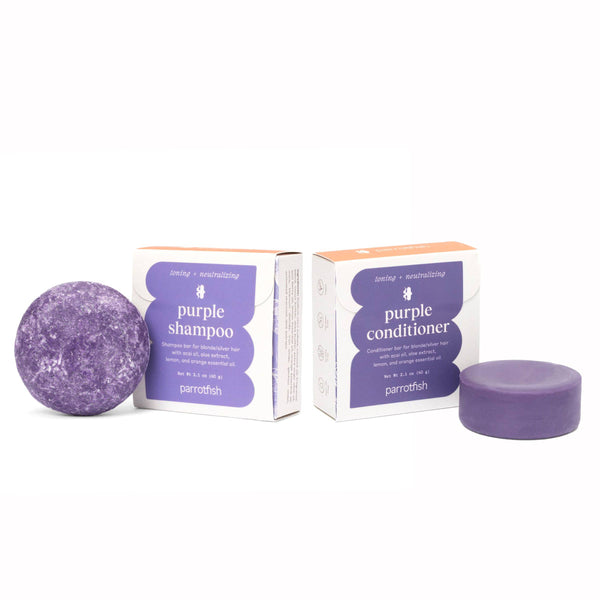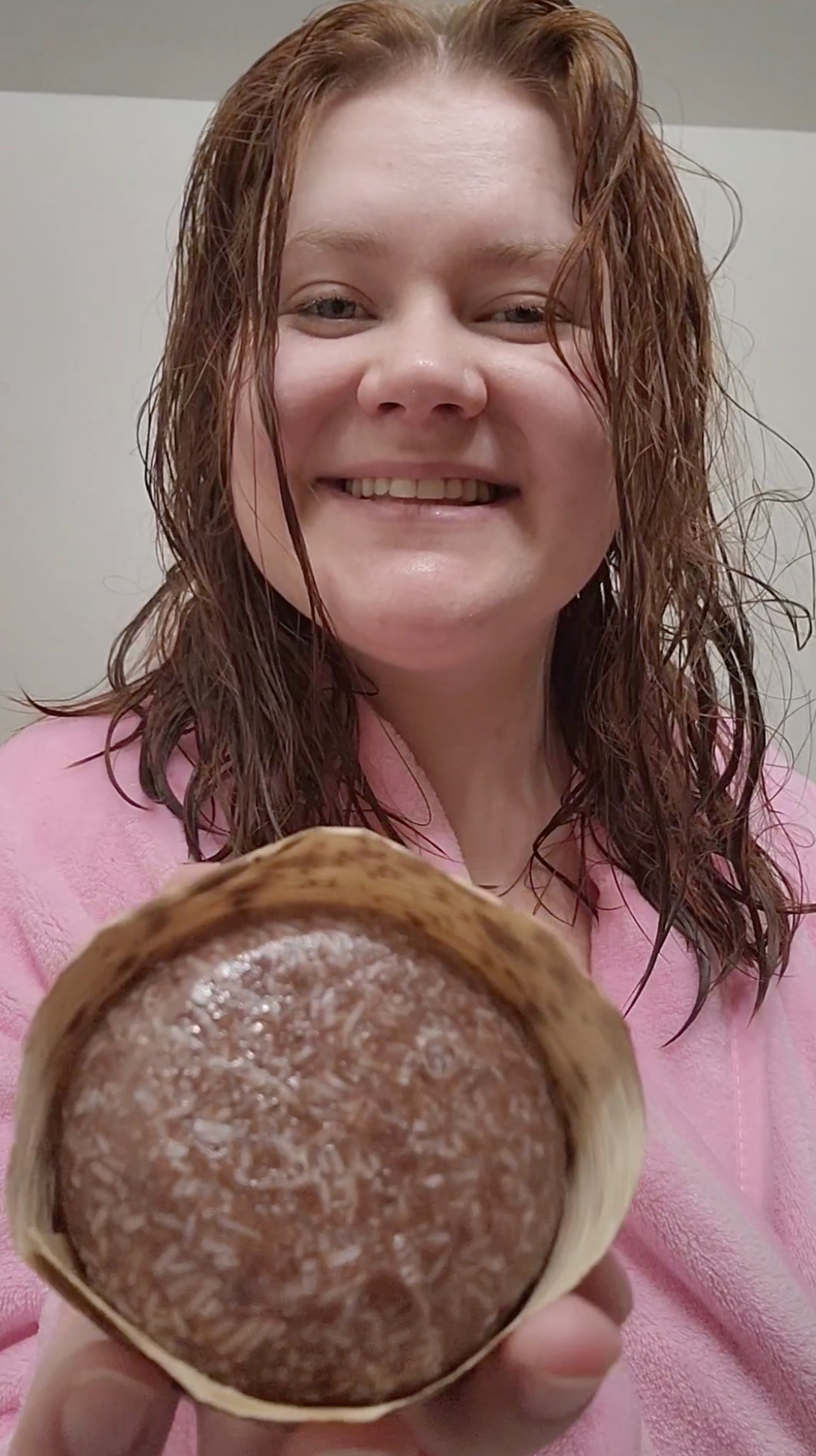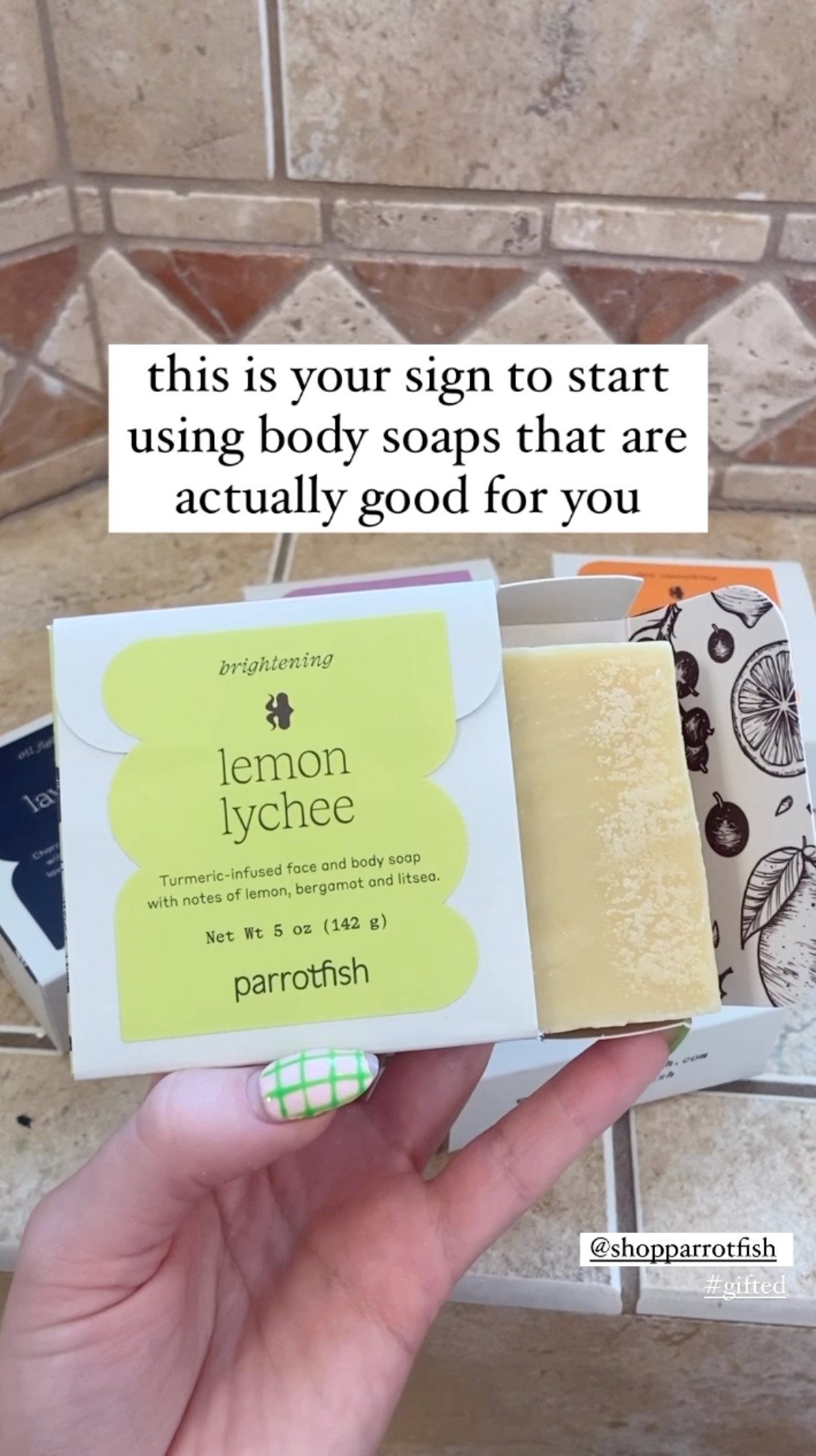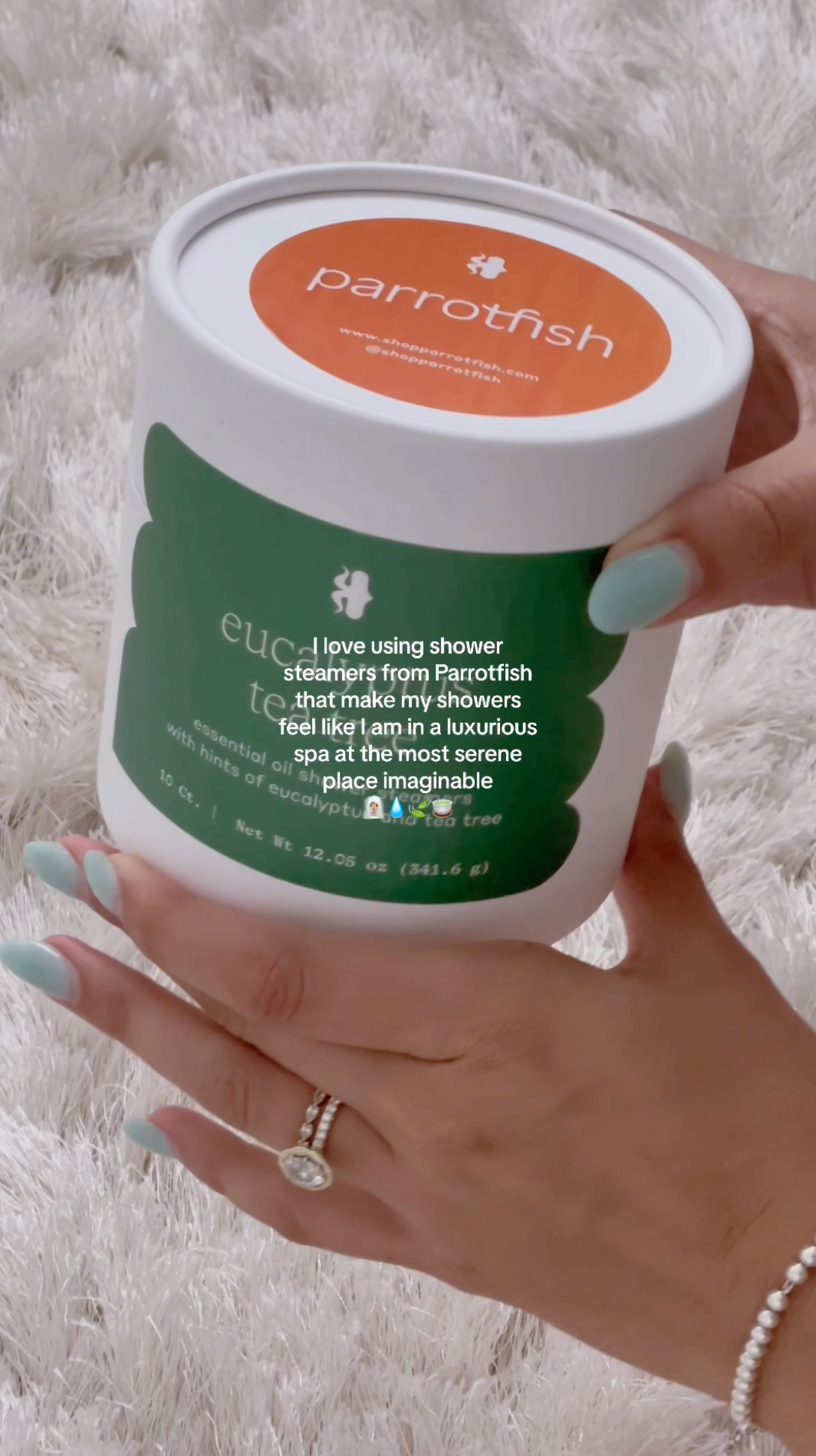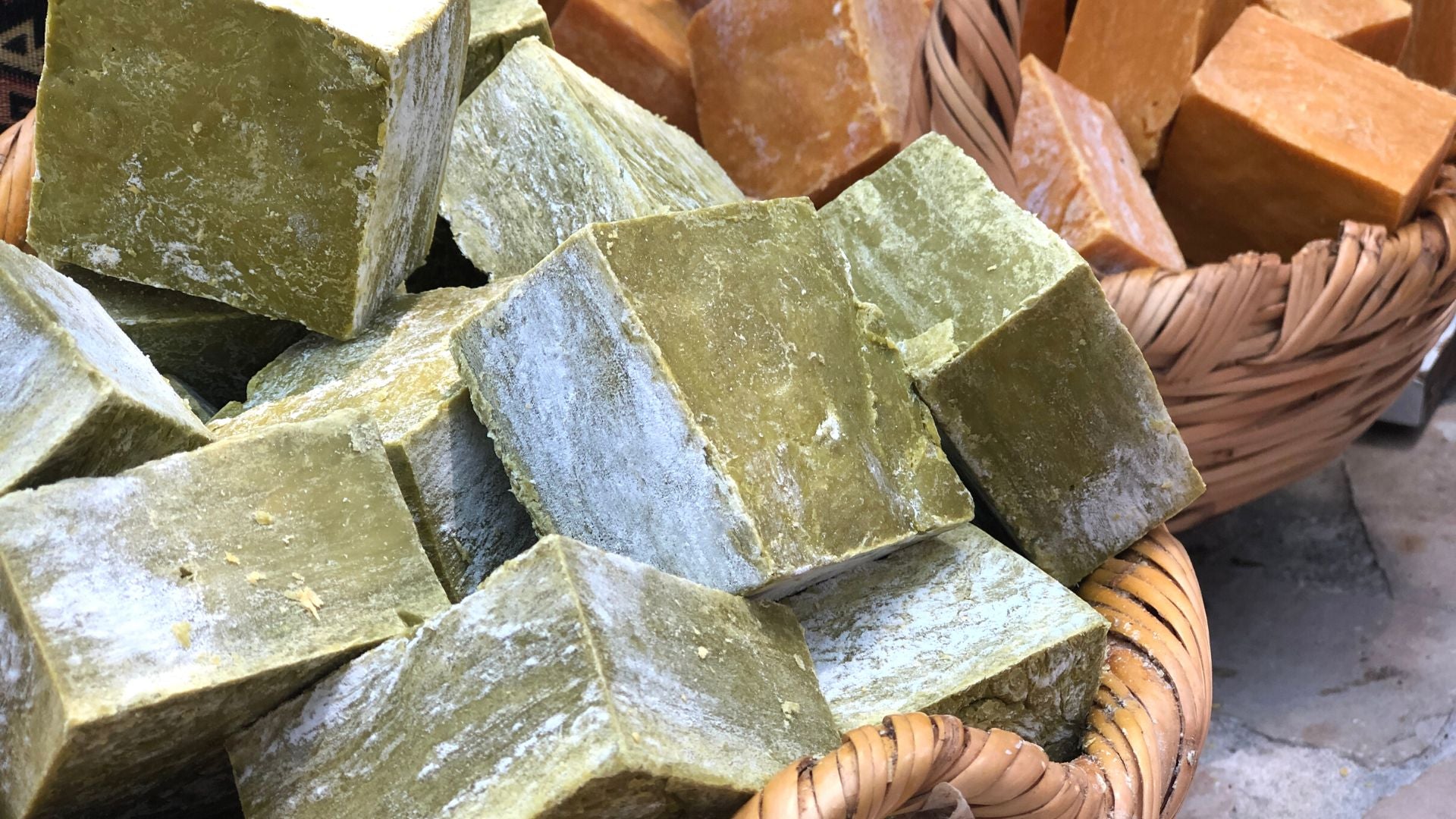

Unraveling the History of Soap, from Bars to Bottles and Back
Soap, a humble companion in our daily lives, has a fascinating history that dates back centuries. From ancient to modern times, soap-making has evolved, leaving behind a trail of innovation and cultural significance.
Ancient Beginnings:
The origins of soap can be traced back to ancient civilizations, where early humans discovered the cleansing properties of combining fats with ashes. The Babylonians, around 2800 BC, are believed to be among the first to create a soap-like substance using water, alkali, and fats. The Egyptians, too, recognized the benefits of soap for personal hygiene, making concoctions with animal and vegetable oils.
Ancient Rome:
The Romans elevated soap-making to a new level by adding fragrances and medicinal herbs to enhance its properties. They valued cleanliness, and soap became integral to their daily bathing rituals. The word "soap" is derived from the Latin "sapo."
Medieval Europe:
With the fall of the Roman Empire, soap-making knowledge declined in Europe. However, during the Middle Ages, soap regained prominence as it became an essential product for the textile industry. The soap-making process involved boiling fats with wood ash, creating a crude but effective cleaning agent.
The Renaissance and Beyond:
The Renaissance brought about a renewed interest in science and personal hygiene. Soap-making evolved with the introduction of new ingredients and methods. The invention of the soap bar is credited to the French in the 17th century, making soap more convenient for daily use.
Industrial Revolution:
The Industrial Revolution marked a pivotal moment in the soap-making saga. The advent of new technologies and the discovery of chemical processes enabled the mass production of soap, transforming it into a commodity accessible to the masses. This era witnessed a significant shift with the introduction of synthetic ingredients, notably sodium hydroxide, laying the foundation for what we now recognize as modern soap. As scientific understanding advanced, the discovery of antibacterial properties prompted an evolution in soap formulations to combat microbes. This transformative period ultimately led to the development of antibacterial soaps in the mid-20th century.
World Wars and Soap Innovation:
The impact of the World Wars on soap production was profound. Fats and oils were in high demand for various wartime purposes, prompting the exploration of alternatives to traditional soap. The necessity for innovation during this period gave rise to synthetic detergents, emerging as a substitute for traditional soap. Many iconic soap brands were born during this era, continuing to thrive in today's market. Notably, Dial, the first antibacterial soap introduced in the United States, debuted in the Chicago market before being rolled out nationwide in 1949. This marked a significant milestone in the history of soap, introducing a new era of antibacterial hygiene to the American public.
The Liquid Soap Revolution:
The convenience of liquid soap, introduced in the mid-20th century, captured the market with its modernity and ease of use. Pump dispensers and plastic bottles became synonymous with hygiene. However, as environmental concerns and plastic waste awareness heightened, consumers sought a return to simplicity without compromising cleanliness.
Related Products
Return to Bar Soaps:
As the 21st century unfolded, growing concerns about environmental sustainability prompted a reassessment of consumer choices. The environmental impact of liquid soap, housed in plastic bottles, became a focal point due to issues of plastic waste and the energy-intensive production processes involved in formulating liquid soap. In response, consumers sought alternatives that would minimize ecological impact, leading to a notable shift back to the simplicity and eco-friendliness of traditional bar soaps.
This return, however, goes beyond mere nostalgia; it represents a convergence of ancient wisdom and modern science. The resurgence of bar soaps is now accompanied by a wealth of scientific knowledge. Informed by a deeper understanding of bacteria and hygiene, soap makers incorporate antimicrobial agents derived from natural sources. This ensures that the traditional simplicity of bar soaps aligns seamlessly with contemporary cleanliness standards. Essential oils, botanical extracts, and scientifically proven ingredients are integrated to enhance the effectiveness of bar soaps.
Choosing bar soap has become synonymous with environmental sustainability. The reduction in packaging, lower carbon footprints, and increased biodegradability of bar soaps align with eco-friendly practices. This return to simplicity is not just about personal choices but is also an informed decision for the planet. Alongside the broader environmental movement, there has been a surge in interest in artisanal and natural bar soaps. Modern consumers now seek products with minimal and transparent ingredient lists, often turning to handmade soaps crafted with care and creativity as they prioritize personal well-being and environmental responsibility.
Environmental Benefits of Bar Soaps:
- Reduced Packaging: Bar soaps require less packaging than their liquid counterparts, resulting in less environmental waste.
- Lower Carbon Footprint: The production and transportation of bar soaps in plastic bottles often have a lower carbon footprint than liquid soaps.
- Biodegradability: Bar soaps, especially those made from natural ingredients, tend to be more biodegradable, contributing to a more sustainable waste cycle.
The history of soap and soap making is a dynamic tapestry, reflecting our evolving preferences and environmental consciousness. The soap industry continues to adapt from ancient bar soaps to the liquid soap revolution and the recent return to bar soaps for sustainability and transparency of ingredients. As we navigate the intersection of personal care and environmental responsibility, the choice between bar and liquid soaps becomes a matter of preference and a conscientious decision supporting a greener and cleaner future.
Special Offer Just for You!
Thanks for reading our blog! As a token of appreciation, enjoy 10% off your next purchase with code BLOG10.
Curious about how our products work in real life? Check out what our customers are saying about their favorite shampoo bars and soap collections. Join the Parrotfish family and see why they love us!
Let customers speak for us
from 225 reviewsI bought it as a gift so I won’t be using it.
Unlike bottle dog shampoo. This lathers up so easily and my puppy smells wonderful!
I am not a fan of most bar type shampoos or conditioners, but this one works really well on my hair. Good lather and good scent. Also keeps my hair conditioned well.
Love! Was complimented on how great my gray hair looked after 1 use! Thank you definitely will buy again! No plastic to recycle and the beautiful bars dont clutter the bathtub. A huge plus for the environment and me a neat freak!
I was surprised how easy it lathers . Love the smell and use to remove yellow tones in my hair. Highly recommend
This is my first Parrotfish order and I am sold! The shampoo has a rich lather and cleans my hair so well, the conditioner leaves my hair shiny and soft, and the soaps smell SO goody and leave me squeaky clean. I was sent an extra bar of soap as a bonus - thank you!!! I love how good these smell, how effective they are, and that they don't use any plastic packaging!
Elevates your shower game. Perfect tool to help unwind after a stressful day at work or a chaotic one with the kids. 10/10
Smells wonderful and leaves my buzz cut and scalp clean.
I already love the shampoo and conditioner bars, but this bundle just made it easy to get everything i need for whole body! Love that i dont have to deal with bottles and everything smells so good
I recently tried the new ParrotFish dog shampoo, and I am beyond impressed! Not only does it leave my dog’s coat incredibly soft and shiny, but the scent is absolutely fantastic—fresh, clean, and long-lasting without being overpowering. Bath time has gone from a chore to a treat! It lathers well, rinses easily, and my dog’s skin seems much calmer and less itchy since switching. You can tell it’s made with quality ingredients. Highly recommend for anyone looking to upgrade their dog grooming routine. ParrotFish nailed it with this one!
Gotta tell you this is one of those rare delights of life that continue to give you the little joy in small things.
Now I know you're probably thinking it's a but pricey but it lasts for months and it gives you that squeaky- clean feel with your hands through your hair as you use it, so you know it's top-notch and getting the job done right, unlike some of those greasy petroleum/chemical like fake goop from a mass market thing.
I'm definitely not picky at all about these things usually, except this is one of the true gems that give you a little spark that you've found something special. You won't go back.
And it's compact - no bulky bottles, no plastic, perfect for a workout bag and use at home or on that shower shelf. And the company is top-notch, A+++ customer service and you can just tell they are good people with the occasional handwritten note in your delivery.
Can't say enough and won't use mass market crud again.
P.S. It's all about the Peppermint shampoo for me.
I love this shampoo bar. It lathers and smells so good.
This soap is so delightful. The fragrance is fresh, light and energizing.
This shampoo and conditioner set is top notch! My hair feels the best it ever has and it looks amazing!
I initially found the Parrotfish Argan Oil Conditioner Bar at an Erewhon store and decided to try it. It has transformed my hair from dry, frizzy and wavy to soft, shiny, and bouncy. It brought back my hair large loose curls. I looked up Parrotfish online and decided to buy my second one direct. Fulfillment was quick and shipping too. 😊

